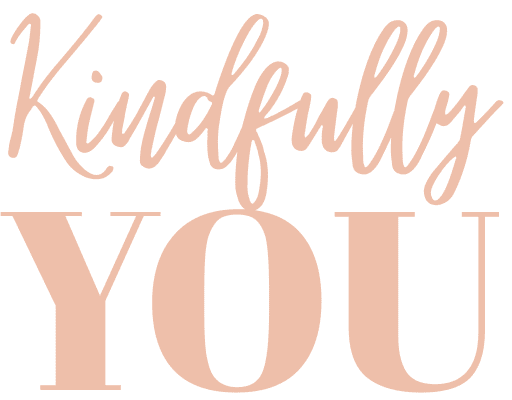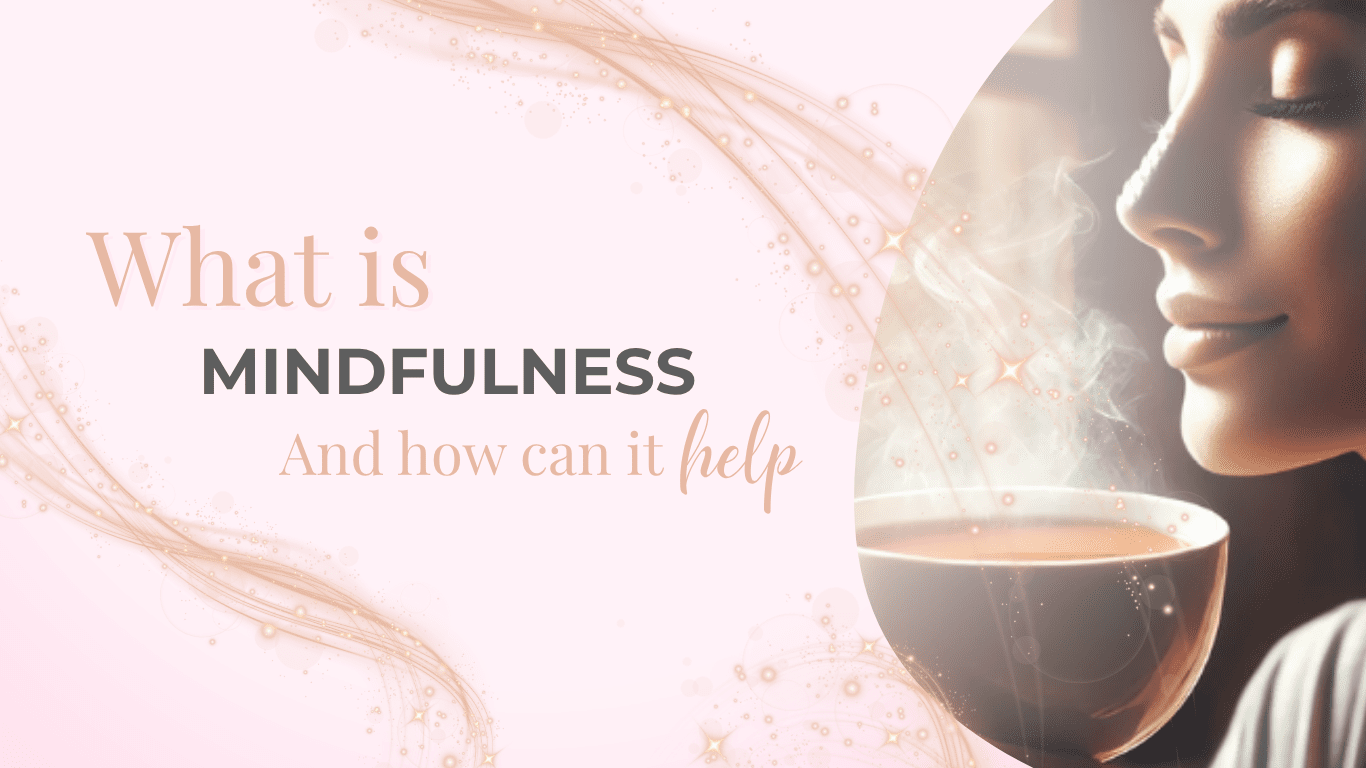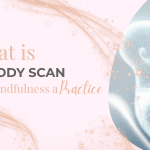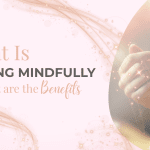Mindfulness is more than a trendy buzzword—it’s a practical, time-tested approach to navigating life’s chaos with a little more grace (and a lot less teeth-gritting). Rooted in ancient meditation traditions and supported by modern science, mindfulness is about showing up for your own life as it is, helping you stay present, reduce stress, and improve your overall well-being.
But what is mindfulness and how can it help you in real, daily life? Let’s take a closer look.
What Is Mindfulness?
Mindfulness is the practice of paying attention to the present moment on purpose—without judging yourself for what you find there. It’s not about switching off your thoughts or achieving some blissed-out state. Honestly, your mind will wander. That’s normal.
It’s about noticing what’s happening now—your thoughts, emotions, sensations—and meeting them with a bit of curiosity and kindness instead of spiralling or overreacting.
Mindfulness can be cultivated through meditation, breathing exercises, or simple daily habits. And no, you don’t need to sit cross-legged on a cushion for hours (unless you want to). It can be as easy as actually tasting your tea, feeling the breeze on your walk, or pausing to breathe before replying to that stressful email.
How Can Mindfulness Help?
Mindfulness isn’t magic—but it is surprisingly effective at helping us navigate life’s challenges with more steadiness and care. Here’s what is mindfulness and how can it help you in practice:
1. Reduces Stress and Anxiety
Ever felt your mind spin out of control with worries about everything at once? Mindfulness helps interrupt that loop by bringing you back to right now. Research shows regular practice lowers cortisol (your stress hormone), supporting a calmer, more balanced mood.
- Try This: When overwhelm strikes, pause and notice your breath. Inhale for four seconds, hold for four, and exhale slowly for four.
2. Improves Focus and Concentration
We live in a world designed to scatter our attention. Mindfulness helps train your brain to focus on what actually matters. Studies suggest it can boost memory and cognitive performance.
- Try This: Before starting a task, take three slow, steady breaths and set the intention to give it your full attention.
3. Enhances Emotional Regulation
Mindfulness doesn’t make feelings go away—but it helps you recognise them before you react impulsively. This builds emotional resilience and a bit of space to choose how to respond.
- Try This: Next time you feel a strong emotion, gently name it: “This is anger,” or “This is joy.” Naming emotions helps take the sting out.
4. Promotes Better Sleep
If your brain insists on rehashing the day at 2 a.m., mindfulness can help calm racing thoughts. Mindfulness meditation has been shown to improve sleep quality and reduce insomnia.
- Try This: At bedtime, try a slow body scan. Notice each part of your body in turn, inviting any tension to soften.
5. Strengthens Relationships
Being truly present with someone is rarer (and more valuable) than you’d think. Mindfulness supports better listening, more thoughtful responses, and genuine empathy.
- Try This: Next time you’re talking with someone you care about, put your phone away. Listen like it’s the only thing you have to do.
6. Boosts Overall Well-Being
Mindfulness is strongly linked to greater happiness, self-awareness, and a sense of purpose. By noticing what’s good in the moment, you shift focus away from constant worries and towards appreciation.
- Try This: Start a gratitude journal. Write down three things you’re grateful for each day—no matter how small or ordinary.
How to Incorporate Mindfulness into Daily Life
You don’t need extra hours in the day to be mindful—it fits right into what you’re already doing (albeit with less autopilot). Here are a few practical ways to start:
- Mindful Breathing: Take a few slow, conscious breaths throughout the day.
- Mindful Eating: Slow down and really taste your food. Notice flavours, textures, and how you feel.
- Mindful Walking: Pay attention to the feel of your feet on the ground and the rhythm of your steps.
- Mindful Pauses: Build in short breaks to check in with yourself and reset before diving back in.
Final Thoughts
Mindfulness is simple, accessible, and (let’s be honest) occasionally messy—because life is too. It’s not about achieving perfection but about meeting yourself with awareness and kindness, one moment at a time.
If you’re wondering what is mindfulness and how can it help you, the answer is: it can help you meet life as it is, with a little more calm and a lot more care.
Ready to explore? Have a look at our guided meditations, courses, and resources to help you start living more mindfully—even on the busiest days.
Your Free KindfulnessToolkit for Calmer, Happier Days
If you’re ready for a quick, gentle way to feel calmer, brighter, and more like yourself again, the free Kindfully Calm Toolkit is for you. Inside you’ll find easy, no-fuss tools you can use in minutes to shift your mood, relax your body, and bring happier vibes to even the busiest day.
Don’t wait to feel better. Download here it now and give yourself the gift of calm and ease today.

Other posts Mindfulness & Menopause



